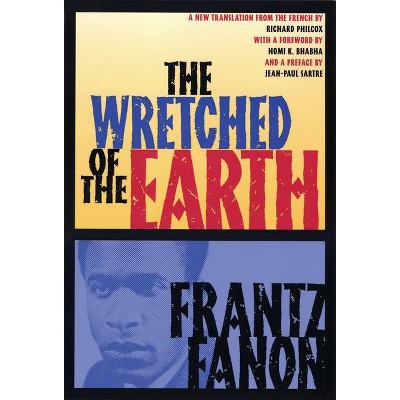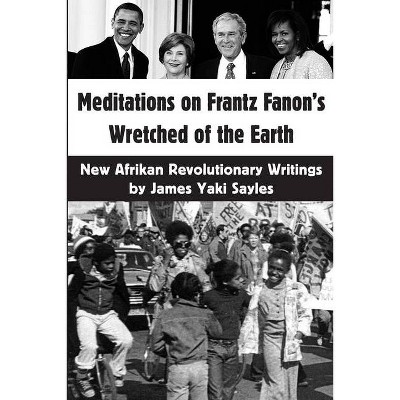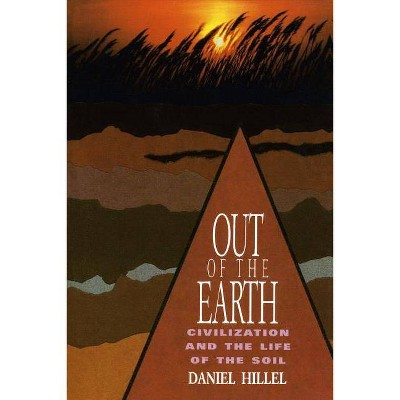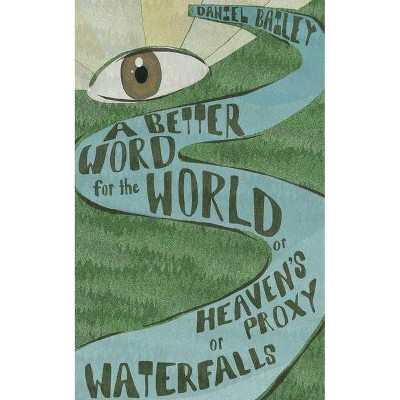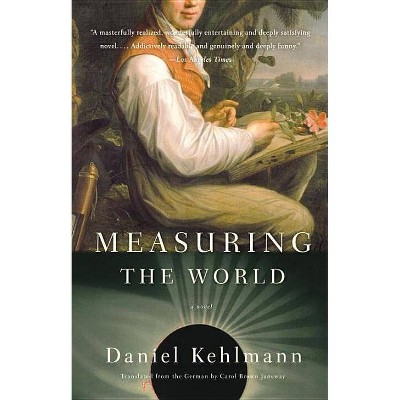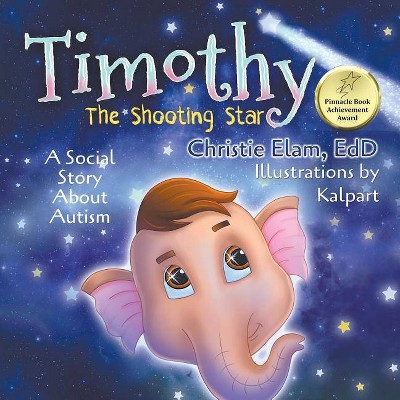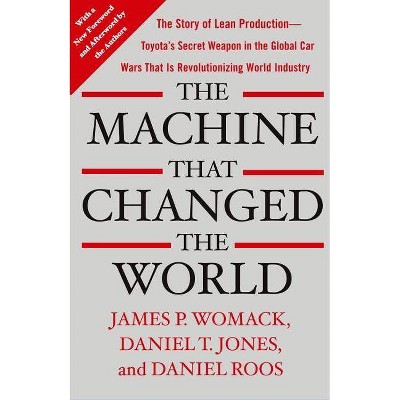World Literature for the Wretched of the Earth - by J Daniel Elam (Paperback)
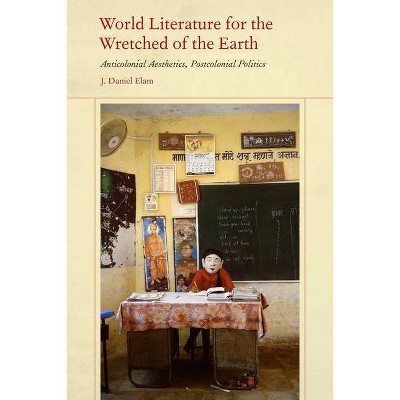
Similar Products
Products of same category from the store
AllProduct info
<p/><br></br><p><b> About the Book </b></p></br></br><b>This book foregrounds anticolonial theories of reading to reveal an alternative strain of anticolonialism committed not to the forms of authority that facilitate political recognition or national sovereignty, but rather to inexpertise and inconsequence, with the aim of replacing mastery with collective cultivation.</b><p/><br></br><p><b> Book Synopsis </b></p></br></br><p><i>World Literature for the Wretched of the Earth</i> recovers a genealogy of anticolonial thought that advocated collective inexpertise, unknowing, and unrecognizability. Early-twentieth-century anticolonial thinkers endeavored to imagine a world emancipated from colonial rule, but it was a world they knew they would likely not live to see. Written in exile, in abjection, or in the face of death, anticolonial thought could not afford to base its politics on the hope of eventual success, mastery, or national sovereignty. J. Daniel Elam shows how anticolonial thinkers theorized inconsequential practices of egalitarianism in the service of an impossibility: a world without colonialism. <p/>Framed by a suggestive reading of the surprising affinities between Frantz Fanon's political writings and Erich Auerbach's philological project, <i>World Literature for the Wretched of the Earth</i> foregrounds anticolonial theories of reading and critique in the writing of Lala Har Dayal, B. R. Ambedkar, M. K. Gandhi, and Bhagat Singh. These anticolonial activists theorized reading not as a way to cultivate mastery and expertise but as a way, rather, to disavow mastery altogether. To become or remain an inexpert reader, divesting oneself of authorial claims, was to fundamentally challenge the logic of the British Empire and European fascism, which prized self-mastery, authority, and national sovereignty. <p/>Bringing together the histories of comparative literature and anticolonial thought, Elam demonstrates how these early-twentieth-century theories of reading force us to reconsider the commitments of humanistic critique and egalitarian politics in the still-colonial present.</p><p/><br></br><p><b> From the Back Cover </b></p></br></br><p>"<i>World Literature for the Wretched of the Earth</i> lays out a novel and provocative argument for an anticolonial mode of reading. Against the usual assumption that entering the scene of world literature entails asserting cultural authority, Daniel Elam shows how anticolonial writers withdraw authority from the singular figure of an author. Worldly reading, Elam compellingly argues, is not about the formation and cultivation of subjects but the convocation of collectivities for a world to come. Essential reading for those concerned with the future of comparative literature and the world."--Natalie Melas, Cornell University <p/><i>World Literature for the Wretched of the Earth</i> recovers a genealogy of anticolonial thought that advocates collective inexpertise, unknowing, and unrecognizability. Early twentieth-century anticolonial thinkers endeavored to imagine a world emancipated from colonial rule, but it was a world they knew they would likely not live to see. Written in exile, in abjection, or in the face of death, anticolonial thought could not afford to base its politics on the hope of eventual success, mastery, or national sovereignty. J. Daniel Elam shows how anticolonial thinkers theorized inconsequential practices of egalitarianism in the service of an impossibility: a world without colonialism. <p/>To trace this impossible political theory, Elam foregrounds theories of reading and critique in the writing of Lala Har Dayal, B. R. Ambedkar, M. K. Gandhi, and Bhagat Singh. These anticolonial activists theorized reading not as a way to cultivate mastery and expertise, but as a way rather to disavow mastery altogether. To become or remain an inexpert reader, divesting oneself of authorial claims, was to fundamentally challenge the logic of imperial rule, which prized self-mastery, authority, and sovereignty. <p/>Aligning Frantz Fanon's political writing with Erich Auerbach's philological project, Elam brings together the histories of comparative literature and anticolonial thought to demonstrate how these early twentieth-century theories of reading force us to reconsider the commitments of humanistic critique and egalitarian politics in the still-colonial present. <p/>J. Daniel Elam is Assistant Professor of Comparative Literature at the University of Hong Kong.</p><p/><br></br><p><b> Review Quotes </b></p></br></br><br><i>World Literature for the Wretched of the Earth</i> lays out a novel and provocative argument for an anticolonial mode of reading. Against the usual assumption that entering the scene of world literature entails asserting cultural authority, Daniel Elam shows how anticolonial writers withdraw authority from the singular figure of an author. This aesthetics mines contingency, precariousness and unknowability precisely because it points to a world after colonialism that is not yet in place. Worldly reading, Elam compellingly argues, is not about the formation and cultivation of subjects but the convocation of collectivities for a world to come. Essential reading for those concerned with the future of comparative literature and the world.<b>---Natalie Melas, Cornell University, <i></i></b><br><p/><br></br><p><b> About the Author </b></p></br></br><b>J. Daniel Elam</b> is Assistant Professor of Comparative Literature at the University of Hong Kong.
Price History
Cheapest price in the interval: 28.49 on October 23, 2021
Most expensive price in the interval: 28.49 on November 8, 2021
Price Archive shows prices from various stores, lets you see history and find the cheapest. There is no actual sale on the website. For all support, inquiry and suggestion messagescommunication@pricearchive.us
